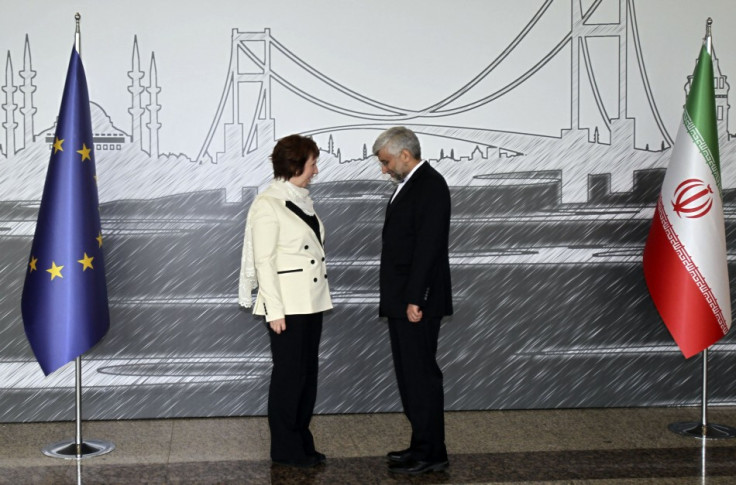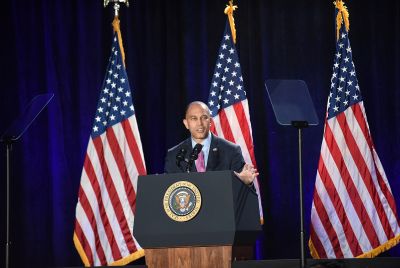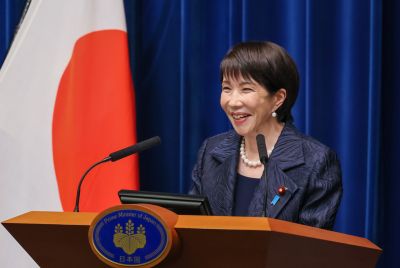World Powers Resume Talks on Iran Nuclear Program

For the first time in 15 months, talks have begun between Iran and other world powers, including the United states, the U.K., Russia, China, France and Germany, known collectively as "P5+1." On Saturday, the discussions will focus on Iran's nuclear program, taking place in Istanbul, Turkey.
Although diplomats there do not expect many results from the current discussion, they are hopeful that the talks will pave the way for a further round of talks in the near future.
"Iran's most recent response specifically said that they are prepared to sit down and talk about the nuclear issue," the AFP quoted one of the envoys as saying. "For us, [Saturday] is about testing that."
"We don't expect to get a lot of detail but it will be about possibly meeting again in four to six weeks' time if we can, when we will get into that detail," the envoy added.
However, experts believe that the fact that Iran agreed to the multilateral talks was itself a positive step.
But Iran seems to be somewhat pessimistic about the talks. "So far, the Iranian delegation finds the Western position disappointing and discouraging," an anonymous source close to the Iranian delegation told the AFP.
Though Iran has consistently maintained that its nuclear program would be used solely for domestic purposes, the international community is concerned about the country's increasing ability and capacity to enrich uranium to a higher level of purity than ever before, a process that can lead to the development of a nuclear weapon.
The country is now capable of enriching Uranium to 20 percent purity, but the element has to be enriched to 90 percent purity in order for it to be used as a weapon. The process of enriching Uranium from 20 percent to 90 percent is relatively simple, though, according to some experts.
Along with the sanctions imposed by the EU and the United States, Israel has hinted that it might make pre-emptive attacks on the country's nuclear sites to prevent the it from building nuclear weapons.
If Iran complies with the suggestions put forth by the other nations on Saturday, tough actions against Iran may be reduced and could ease the situation internationally.
© Copyright IBTimes 2025. All rights reserved.





















